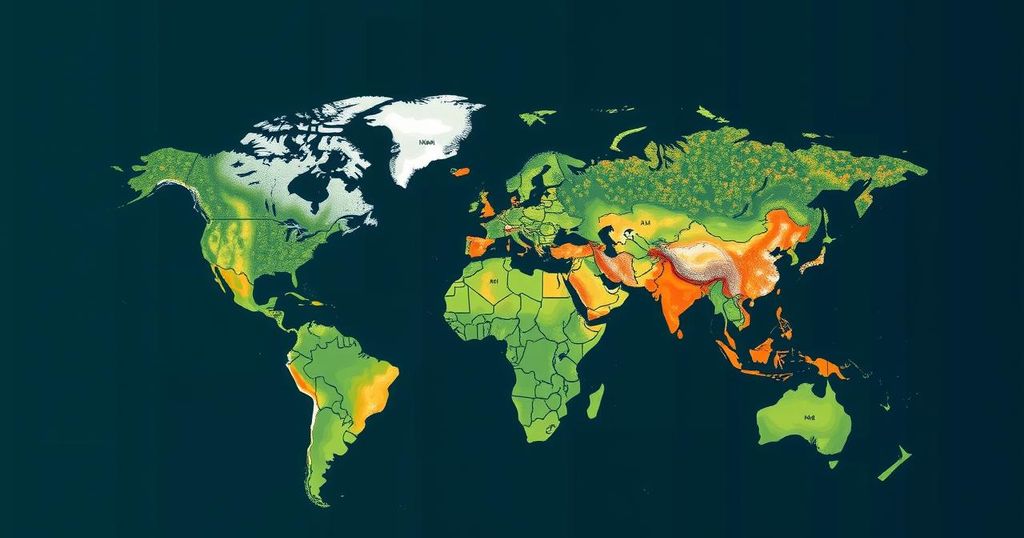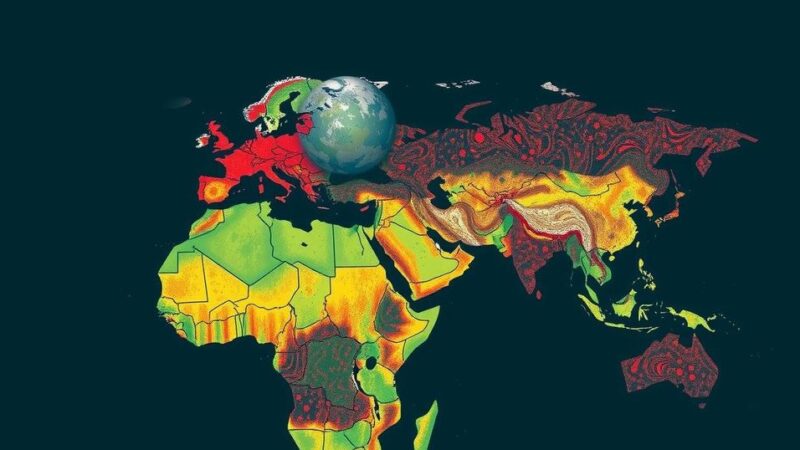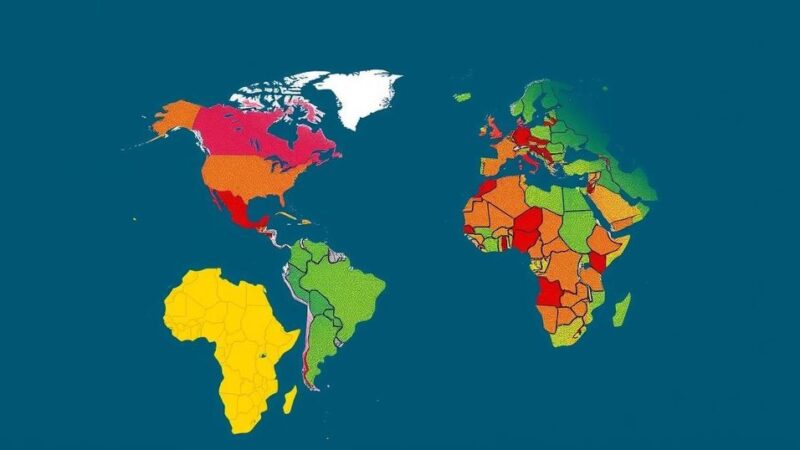The COP29 conference revealed a commitment of $300 billion annually by developed nations for climate finance by 2035, a figure deemed inadequate by many developing nations. The discussions came amid changing political contexts, with challenges posed by inflation and elections influencing climate strategies. Critics emphasized the moral obligation of wealthy nations to assist poorer countries facing severe climatic impacts, ultimately calling for greater clarity and a more robust financial commitment to meet the projected $1.3 trillion annual requirements.
At the recent COP29 climate conference, wealthier nations pledged $300 billion annually in climate finance by 2035, a commitment viewed as inadequate by developing nations facing the harsh impacts of climate change. Despite the promise marking an increase from the previous $100 billion goal, it remains well below the estimated requirement of $1.3 trillion per year. The gathering highlighted shifting political realities, especially with upcoming elections in several countries that could shift priorities away from aggressive climate strategies. Amidst geopolitical challenges and economic pressures, Europe continues to advocate leadership in climate funding while calling for a practical approach to commitments. German Foreign Minister Annalena Baerbock emphasized the importance of delivering on responsibilities without making unrealistic promises. Activists assert that climate financing is a moral obligation for developed nations, whose historical emissions have significantly contributed to the crisis, pointing to ongoing climatic disasters as pressing evidence of the urgent need for action. The role of multinational banks was also discussed, with expectations of contributions toward climate financing, yet concerns regarding the sufficiency and transparency of these financial commitments persisted. Overall, the conference underscored the complexities of climate finance against a backdrop of evolving global political dynamics.
The topic of climate finance has become increasingly critical as nations grapple with the effects of climate change. The premise of climate finance revolves around the financial assistance provided by developed countries to aid developing nations in their efforts to combat and adapt to climate change. Recent discussions have focused on the pledges made at international conferences such as COP29, where political shifts and economic challenges complicate these promises. The discourse around financing, the responsibilities of historically significant polluters, and the roles of international financial institutions also illustrates the ongoing tensions within the international climate agreements and the urgency of addressing global warming effectively.
In summary, the recent COP29 climate conference highlighted a significant though contentious step in climate finance through a pledged $300 billion annually from rich countries. However, activists and representatives from developing nations argue that this figure falls short of the necessary $1.3 trillion per year required to effectively tackle the climate crisis. The discussion around commitments and funding mechanisms is further complicated by geopolitical realities and upcoming elections that may shift support away from ambitious climate policies. Ultimately, clarifying and fulfilling financial commitments, along with the involvement of multinational banks, will be crucial in addressing the climate emergency.
Original Source: www.fox28spokane.com






